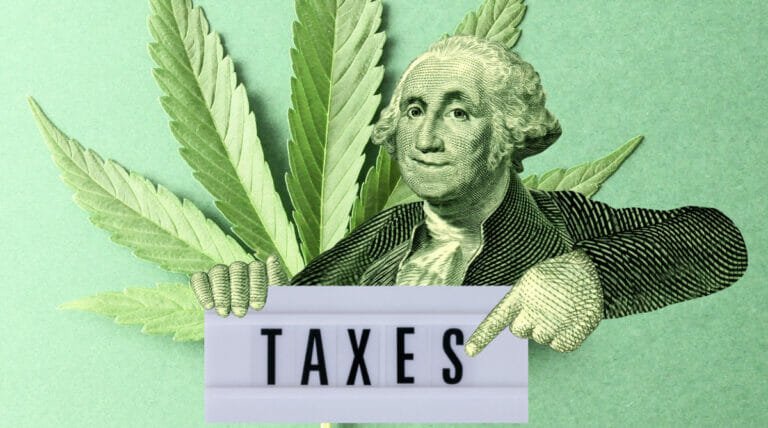Michigan’s cannabis industry, already reeling from oversupply and plummeting prices, is facing a new threat: Gov. Gretchen Whitmer’s proposed 32% wholesale tax on recreational marijuana. The tax, part of her ambitious budget plan to fund road repairs, has ignited a firestorm of backlash from operators who say the move could decimate an already fragile market.
Whitmer’s proposal aims to generate an additional $470 million for infrastructure, but industry leaders argue the timing couldn’t be worse. Cannabis sales in Michigan dipped for the first time in years last month, while production capacity remains alarmingly high. This oversupply has driven prices to unsustainable lows, forcing many businesses to shutter. For those still standing, the proposed tax feels like a death knell.
“This is a betrayal,” Matt Imig, owner of Lansing-based M&M Agriculture, said, echoing a sentiment shared across the industry. Whitmer, once hailed as a staunch ally of cannabis reform, now faces accusations of abandoning the very community that helped propel her political career. Social media groups and email chains are flooded with angry posts from operators and activists — many of them Democrats — who feel blindsided by the move.
The proposed tax would require wholesalers to remit payments monthly, a change that could upend the industry’s financial dynamics. Smaller retailers, already operating on razor-thin margins, rely on 30- to 90-day credit terms to manage cash flow. A shift to cash-on-delivery terms, or paying for product as soon as its delivered, would leave many unable to stock inventory, effectively pushing them out of the market. Add in the federal government’s crippling 280E tax provision, which denies cannabis businesses standard deductions, and the financial strain becomes unbearable.
But the tax hike isn’t the only challenge Michigan’s cannabis operators are grappling with. The rise of intoxicating hemp-derived products — sold without the same regulatory burdens — has created an uneven playing field. These products, often marketed as legal alternatives to cannabis, are cutting into the market share of licensed operators who face hefty compliance costs. Despite repeated calls for action, the state’s Cannabis Regulatory Agency has been criticized for its inconsistent enforcement, cracking down on minor infractions while turning a blind eye to widespread practices like the illegal importation of THCA concentrate from other states or the use of MCT oil to thin out distillate, which was banned by the CRA in June but is still thought to be occurring in much of the supply.
“The CRA is heavy-handed on the small stuff but lets the big issues slide,” cannabis advocate Thomas Lavigne said in an email. “It’s infuriating.”
To read more, click on Lansing City Pulse







